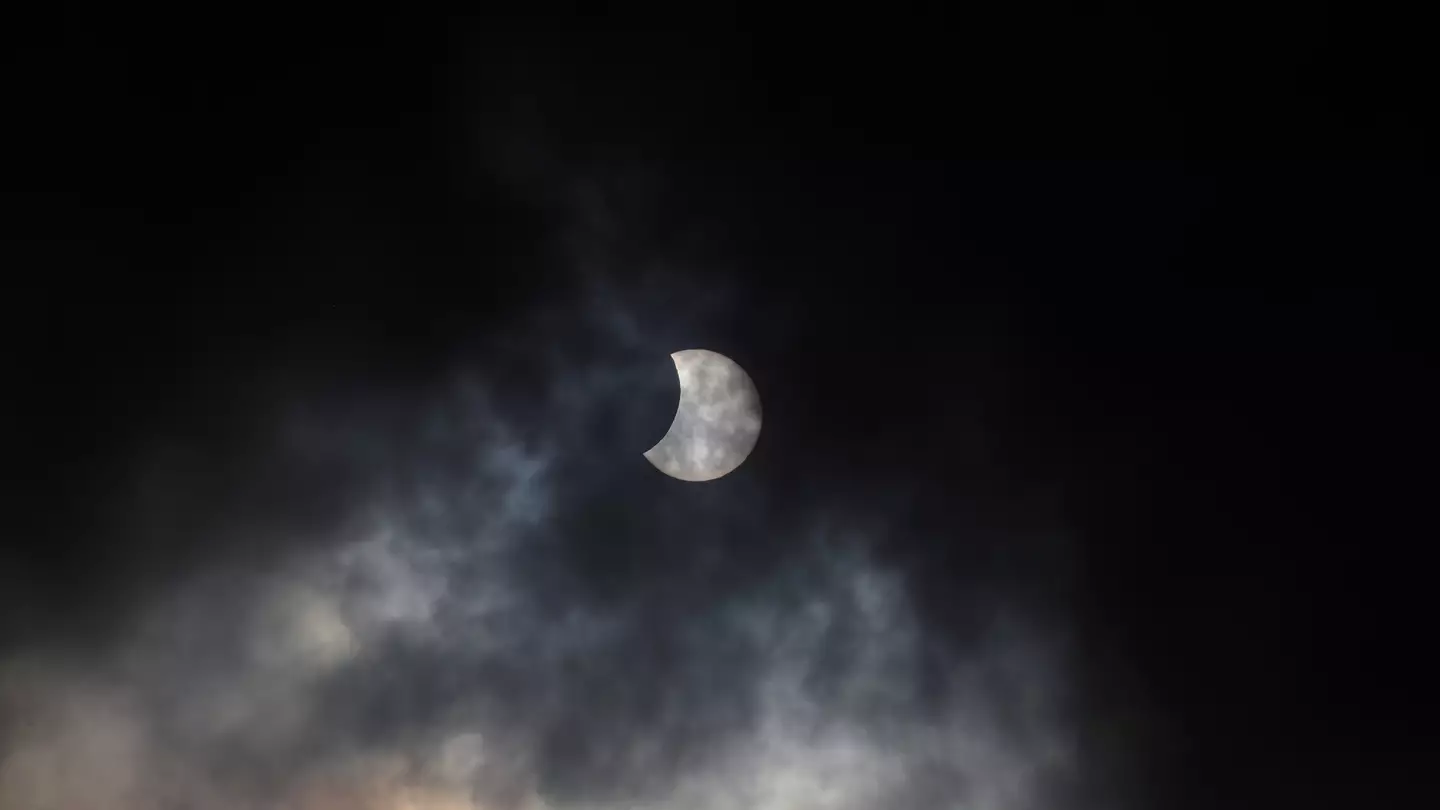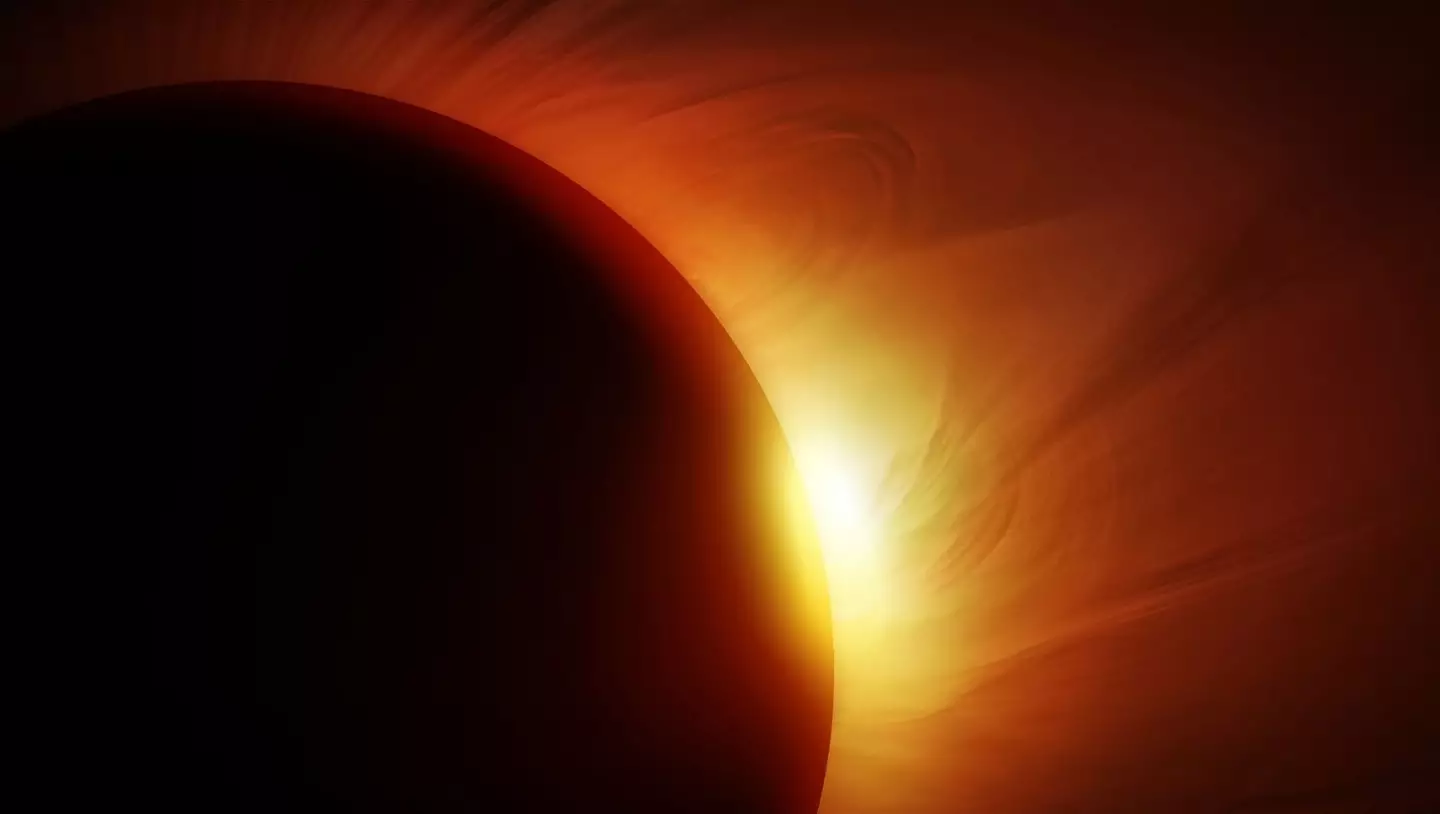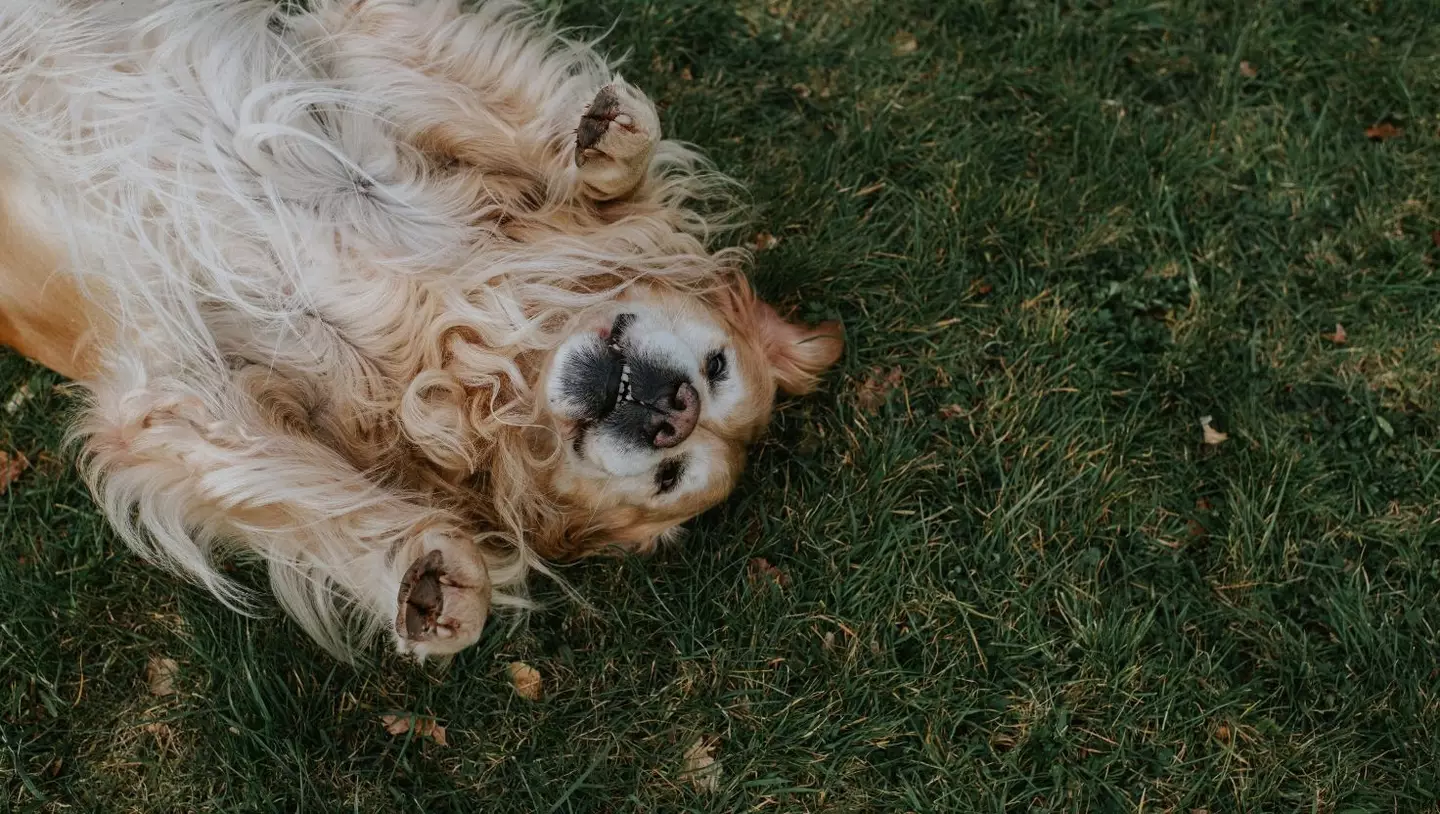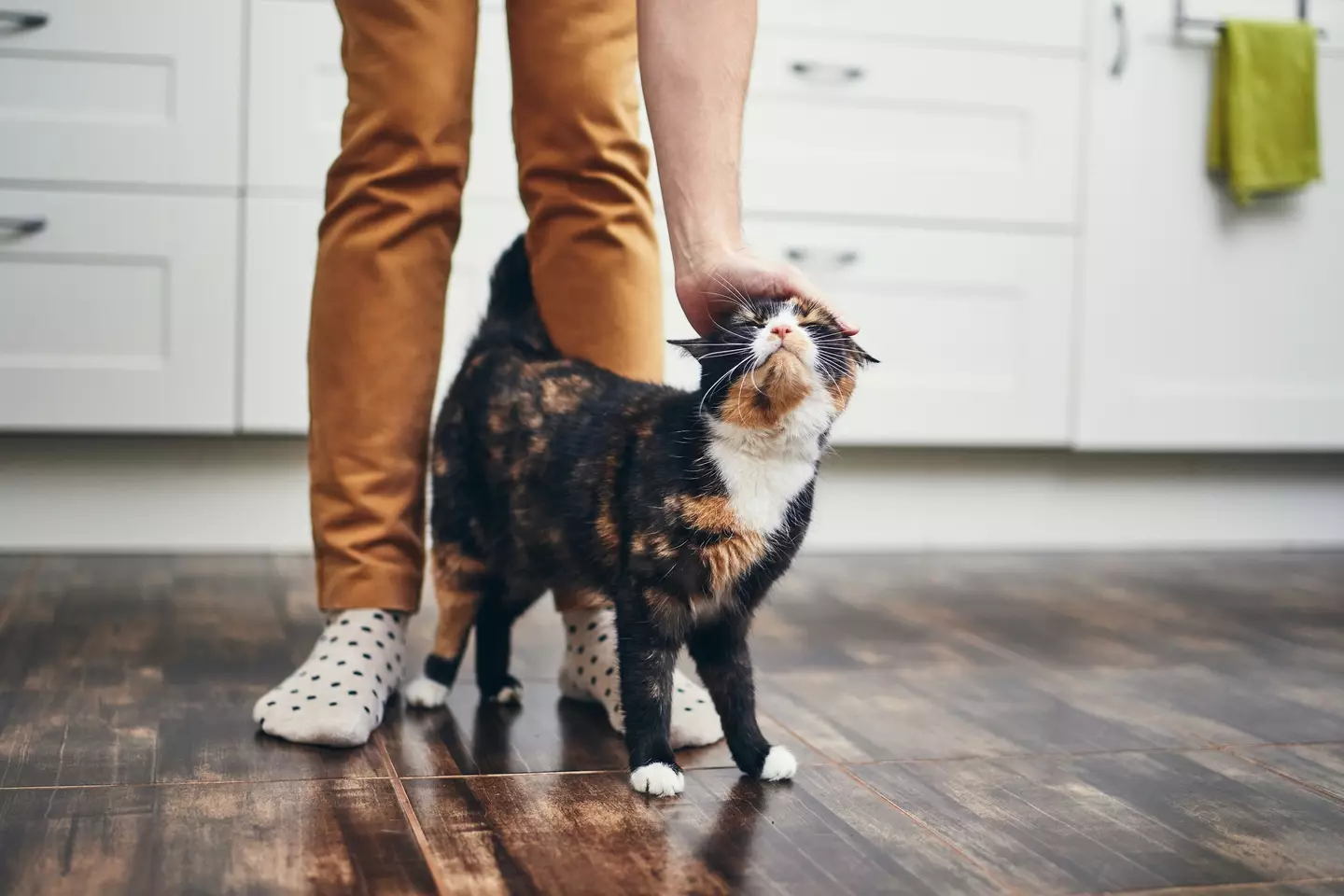
Pet owners are being warned to monitor their cats or dogs during a ‘once-in-a-century’ solar event that’s set to shroud parts of the world in complete darkness for over six minutes.
Soon, thousands of astronomy fans will be flocking to North African countries like Egypt and Libya to witness what scientists believe is the longest total solar eclipse to take place since 1991.
The event, dubbed the ‘Great North African Eclipse’, is set to see the Moon move in front of the Sun on August 2, 2027, for a staggering six minutes and 23 seconds.
The longest phenomenon on record is seven minutes and 31 seconds, according to research conducted by meteorologist Jean Meeus. So this one, clocking in at just more than a minute under, is a once-in-a-lifetime moment.
Advert
It’s understood that those who travel to Luxor, Egypt, will have the best view of the rare cosmic event.

However, those in other North African countries, as well as some Southern European spots, are also likely to catch a glimpse.
But if you live in any of these areas with your pets, then there’s a serious expert warning that you need to hear about.
Ahead of the 2024 astronomical phenomenon, Dr Katie Krebs, veterinarian and professor at the University of Pennsylvania’s School of Veterinary Medicine, confirmed that most animals will likely to be will be ‘overall unaffected by an eclipse’.
“But pet owners may notice brief periods of confusion, and dogs and cats may exhibit fear and confusion.”
The expert claimed that some of their furry friends may want to hide during the six-minute event, while others may howl, pace or pant.

Sadly, some may even start to exhibit key signs of anxiety - much like how they would act during a thunderstorm or during the annual November 5 fireworks here in the UK.
The good news is that Erica Cartmill, a professor of anthropology, animal behaviour and cognitive science at Indiana University, claimed your pooch or feline won’t damage their eyes by looking at the blocked-out sun.
"I think our companion animals are more interested in us, especially dogs, than anything else, she told People.
Her sentiment was echoed by American Kennel Club Chief Veterinary Officer Jerry Klein, who said to CBS: "Dogs know that if something hurts them, they probably shouldn't do it. So left to their own devices, dogs are probably not going to stare at the sun.”
Clear skies are expected for the upcoming 2027 event, so eclipse chasers won’t be disappointed if they do decide to make the pilgrimage to Luxor.

“There is no chance of cloud in eastern Libya and western Egypt," Jay Anderson, a Canadian meteorologist, told the publication.
“At Luxor, the frequency of cloud cover is 0.7 percent — at the very worst, you'll get a little bit of thin cirrus cloud wandering through on the jet stream — but what you do get there is dust.
"It's certainly possible that the totally eclipsed sun will be viewed through a haze of dust — but that will depend on winds on the day.”
It's worth mentioning that we're probably not going to see a total eclipse of this length again until 2114, Space stated.
Topics: Science, Pets, Cats, Travel, UK News, World News, Animals
